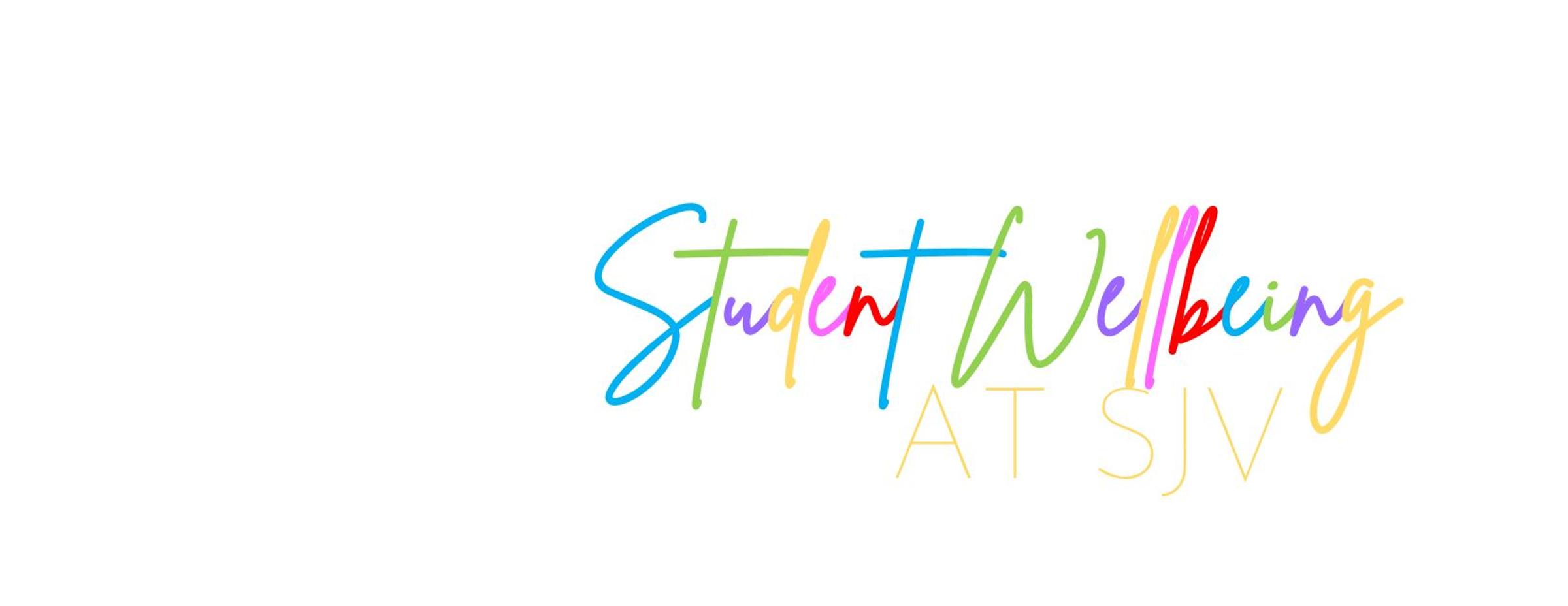Student Wellbeing

The mental health continuum
Please ensure you let your class teacher know if their is a change in your child.
Mental health exists on a continuum. It is influenced by many environmental, emotional, biological and social factors and can change regularly.
We all move along the continuum as we face challenges and situations that test our capacity to cope.
Most students will sit between flourishing and going okay on the continuum of positive mental health. This means they can face adversity and have the resilience to cope with daily stressors.
The continuum provides one way of understanding mental health. It can be hard to detect changes in some students and the way students move along the continuum varies greatly from student to student.
Flourishing
If our mental health and wellbeing are flourishing, we are:
- in a state of optimal functioning
- engaged with our environment
- connected to our community
In a school setting, this is likely to be a student who:
- maintains regular attendance
- is always or almost always engaged in learning
- has good coping strategies
- is socially connected
- can problem-solve
- can maintain their energy and participation throughout the day.
Going okay
When our mental health and wellbeing are going okay, we are:
- able to complete our daily activities such as work and study
- experiencing positive mental health without frequent or significant distress.
In a school setting, this is likely to be a student who:
- maintains regular attendance
- is usually engaged with learning
- is socially connected
- experiences small observable changes in behaviour/emotions and/or social connection
Going through a tough time
At this point in the continuum of emerging mental health concerns, we are likely to be:
- experiencing difficulties maintaining daily activities
- experiencing noticeable changes their behaviour, emotions and/or social connectedness
In a school setting, this is likely to be a student who:
- may be arriving late to school or having attendance concerns
- experiences mild disruptions to their ability to engage in learning, behaviour, and/or social connections
- experiences periods of disruption and impact on their behaviour, emotions and/or social connections
Severely impacting everyday activities
At the far end of the continuum where our mental health and wellbeing are severely impacting everyday activities, we are likely to be:
- experiencing distressing thoughts and emotions
- displaying a change in behaviour
- experiencing continued negative emotions
- requiring extra support to reduce distress
In a school setting, this is likely to be a student who:
- is unable to maintain regular attendance or school refusing
- is socially disengaged
- displays a significant change in behaviour
- is not engaged in learning
- has identifiable emotional distress
Regards
Jenny Willmott
jwillmott@sjvmulgrave.catholic.edu.au
Deputy Principal/ Student Wellbeing Leader

